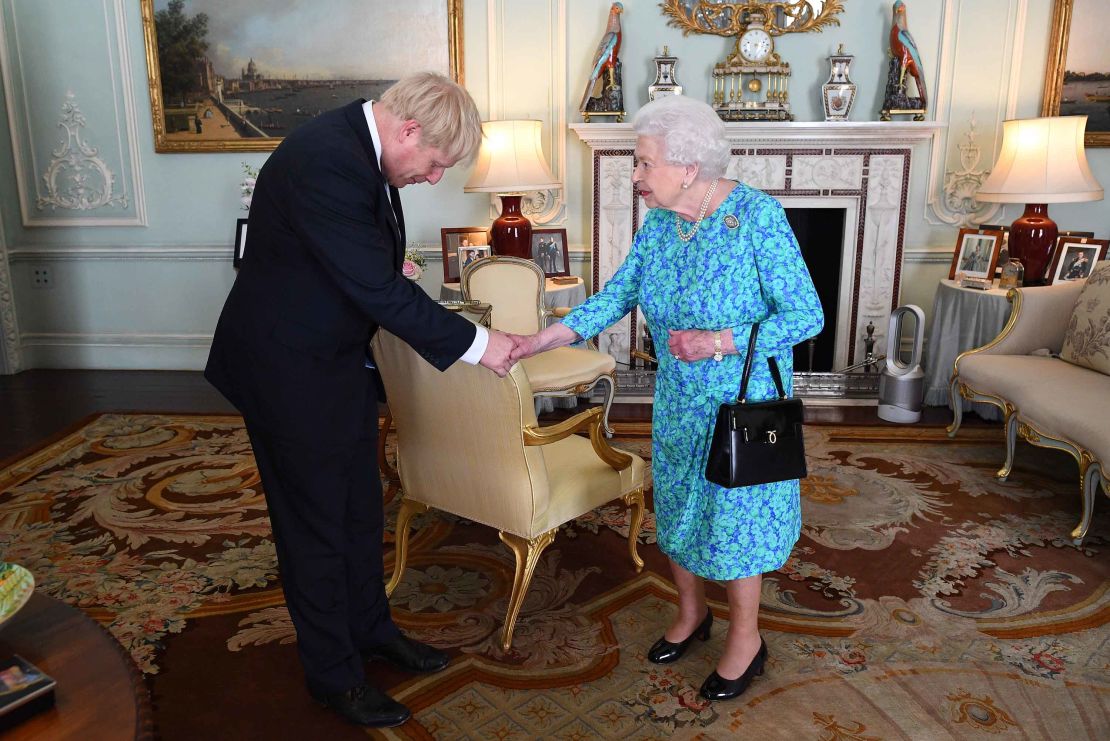As far as dodges go, the one made by the United Kingdom’s Supreme Court on Tuesday was, well, supreme.
The country’s highest court managed to stay clear of accusing Prime Minister Boris Johnson of misleading Queen Elizabeth II, yet still ruled on Tuesday morning that his decision to suspend Parliament was unlawful.
Johnson had told the public that the five-week suspension was necessary to allow for a new Queen’s Speech. But those opposing the suspension argued his real motive was to cut short the time Parliament had to debate (and potentially stop) his Brexit plans.
“The court very carefully chose to stay out of the question of motives and whether the Prime Minister lied to the Queen by sidestepping it with a nice segue question,” said Schona Jolly, a barrister at Cloisters.
“They basically said the question the court needs to answer is ‘does prorogation have the effect, not the purpose, but the effect of frustrating or preventing the scrutiny of Parliament,’” she said.
By focusing on the consequences rather than the motives, the court made sure it didn’t need to get into the question of whether Johnson had lied to anyone, let alone the Queen.
Conversations between the monarch and the Prime Minister are strictly private, so nobody actually knows what reason Johnson gave the Queen when he advised her to suspend Parliament.
“It wasn’t really a question of whether or not he was truthful, that’s not relevant,” said Jack Simson Caird, senior research fellow at the Bingham Centre for the Rule of Law.
“What’s been decided is that it wasn’t lawful, because Parliament couldn’t perform its constitutional function, and the government did not give a reasonable justification for why that should be,” he added.
Scottish ruling upheld
While the country’s highest court stopped short of accusing Johnson of misleading the monarch, it also upheld a decision made by Scotland’s highest court earlier this month. That court said the prorogation was “motivated by the improper purpose.”
“The Scottish ruling is absolutely definitive about the purpose, the motive, and ultimately, that judgment has been upheld, so those Scottish findings remain,” Jolly said.

The Supreme Court also said “it is impossible for us to conclude, on the evidence which has been put before us, that there was any reason – let alone a good reason – to advise Her Majesty to prorogue Parliament for five weeks.”
“This is actually quite damning of what Johnson did,” Jolly said. “It is an elegant sidestepping, but nevertheless, this is a way of expressing the court’s view that there was no basis for the prorogation.”
The court’s lack of ruling on whether Johnson lied or not did not stop his critics from suggesting he should resign.
Labour Party leader Jeremy Corbyn and Scotland’s First Minister Nicola Sturgeon called for the Prime Minister to step down.
Meanwhile, Liberal Democrats leader Jo Swinson said Johnson wasn’t “fit to be Prime Minister.” “He’s misled Queen and country, and unlawfully silenced the people’s representatives,” she said.
The court also made it clear that the Queen was not to be blamed for the unlawful suspension.
“It is not suggested in these appeals that Her Majesty was other than obliged by constitutional convention to accept that advice,” it said. “In the circumstances, we express no view on that matter.”





